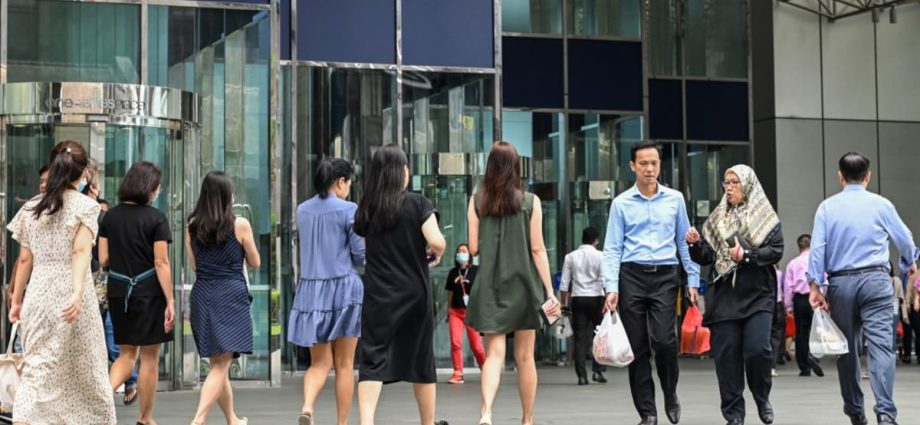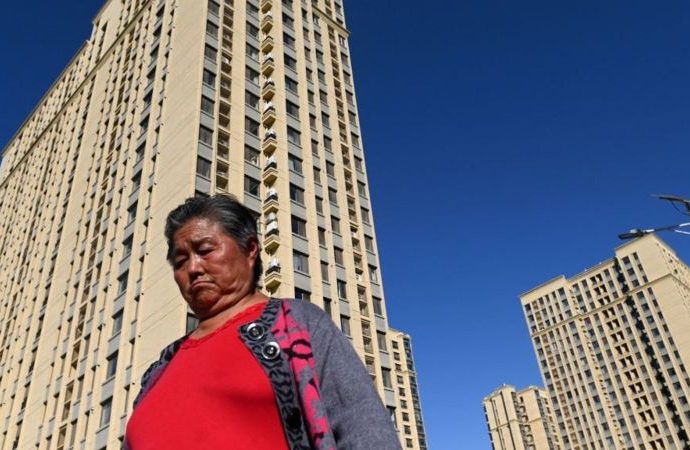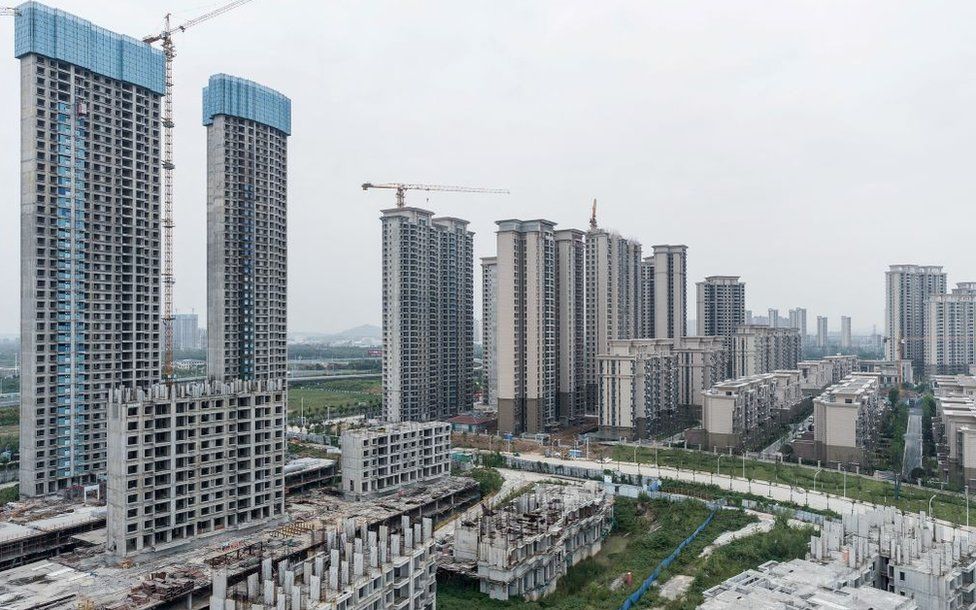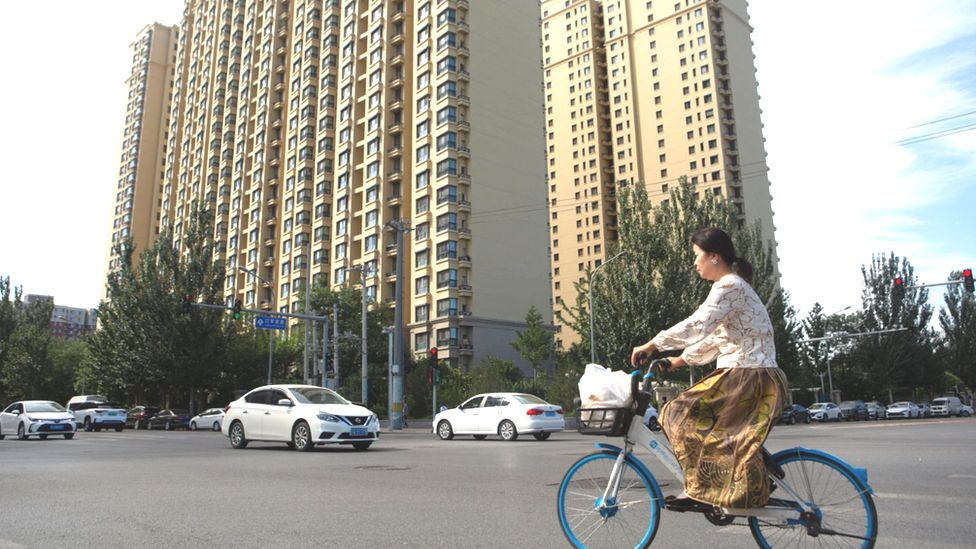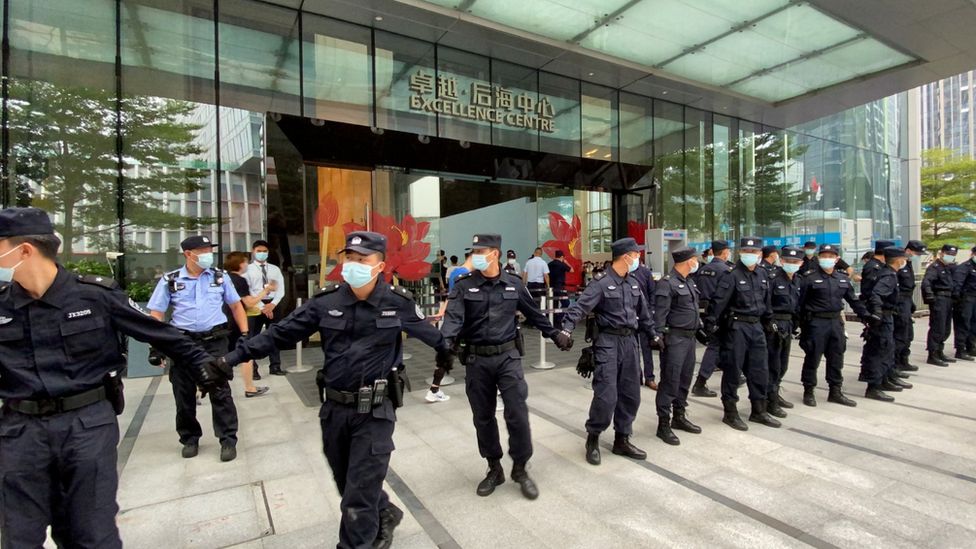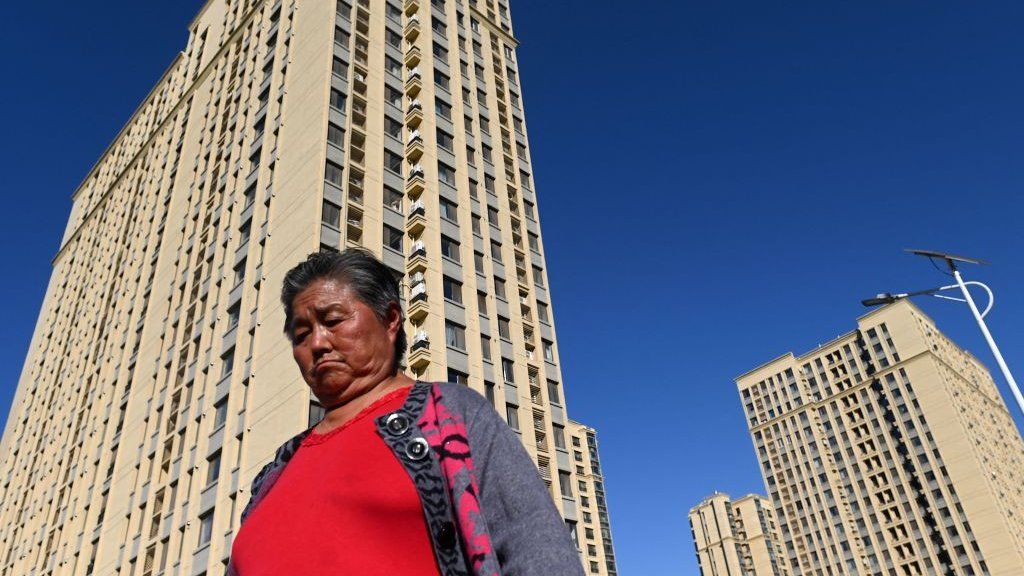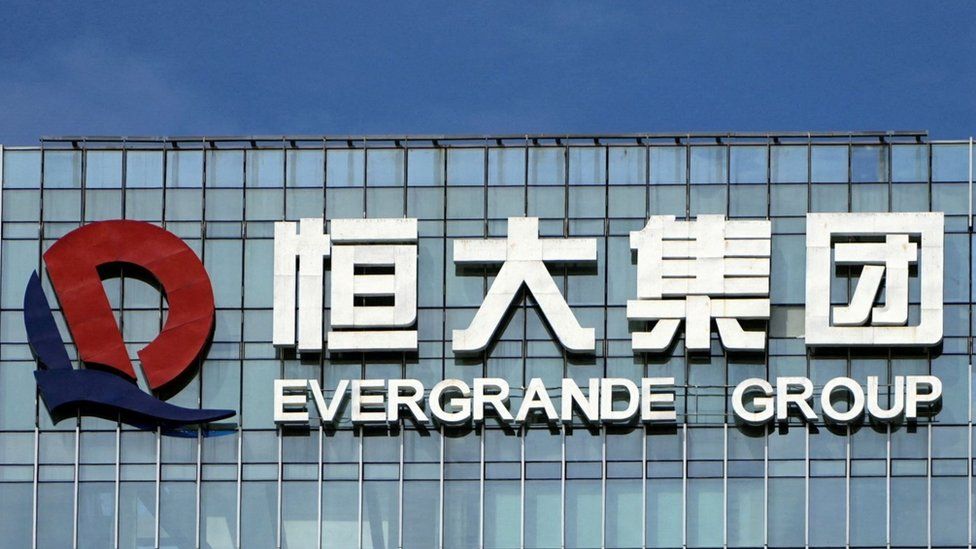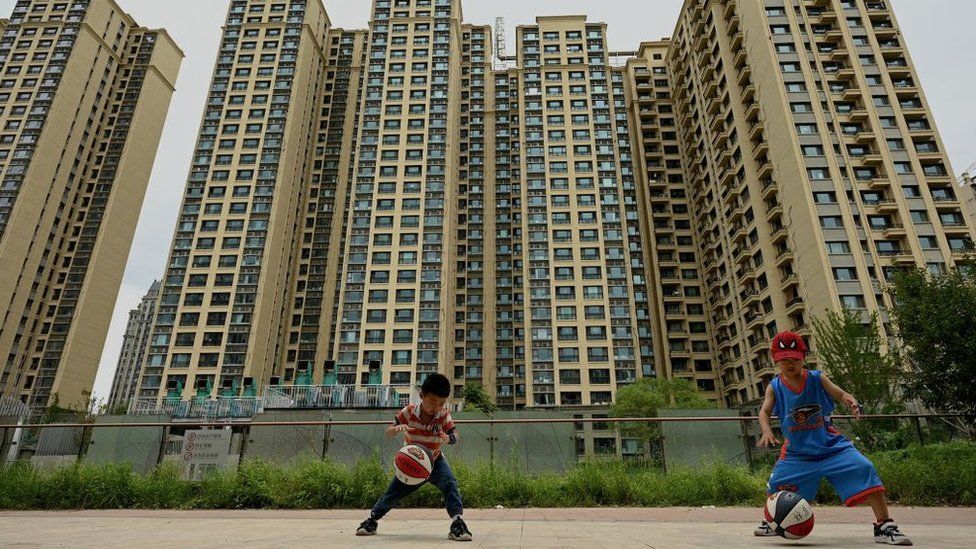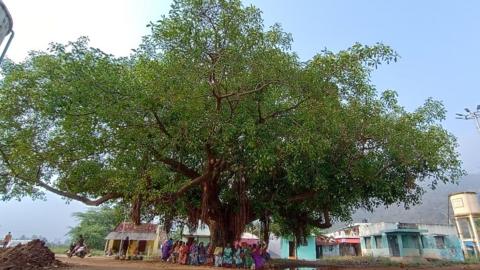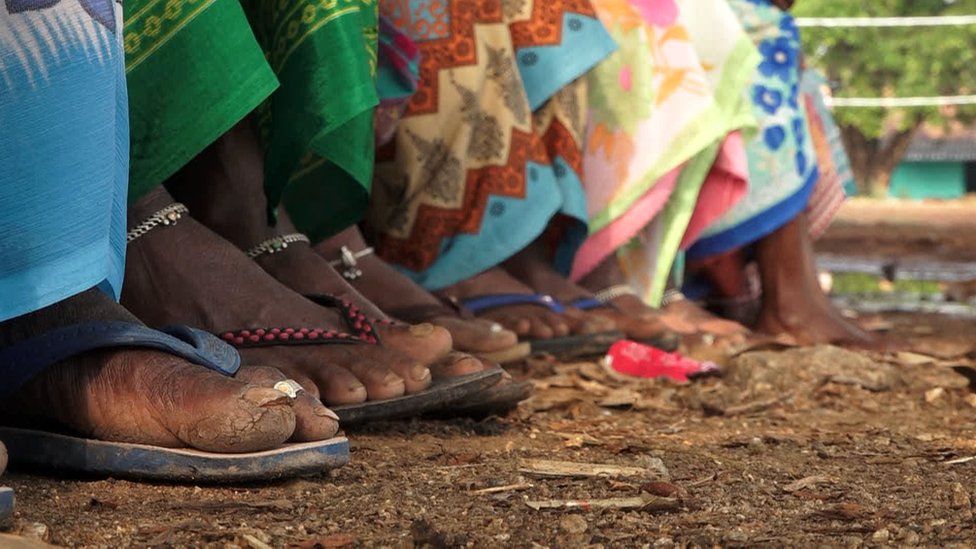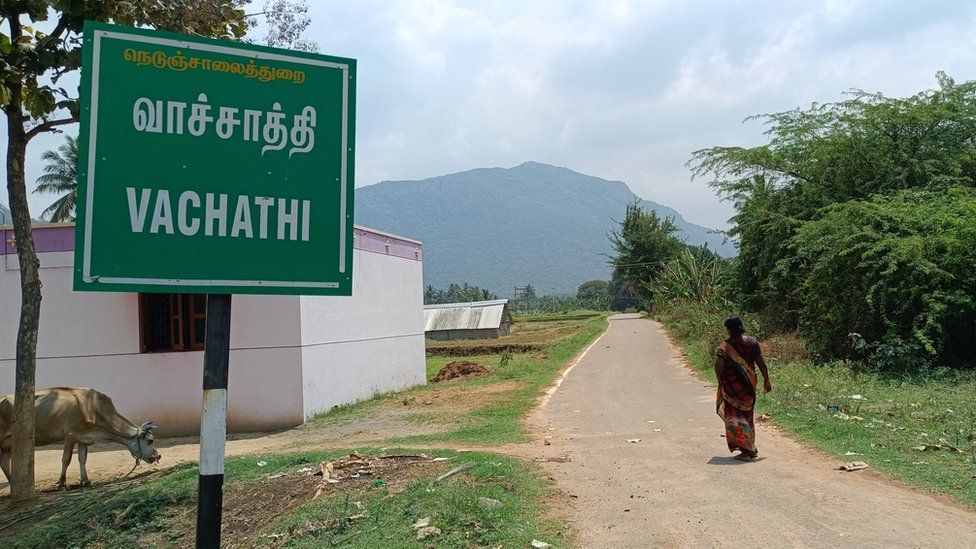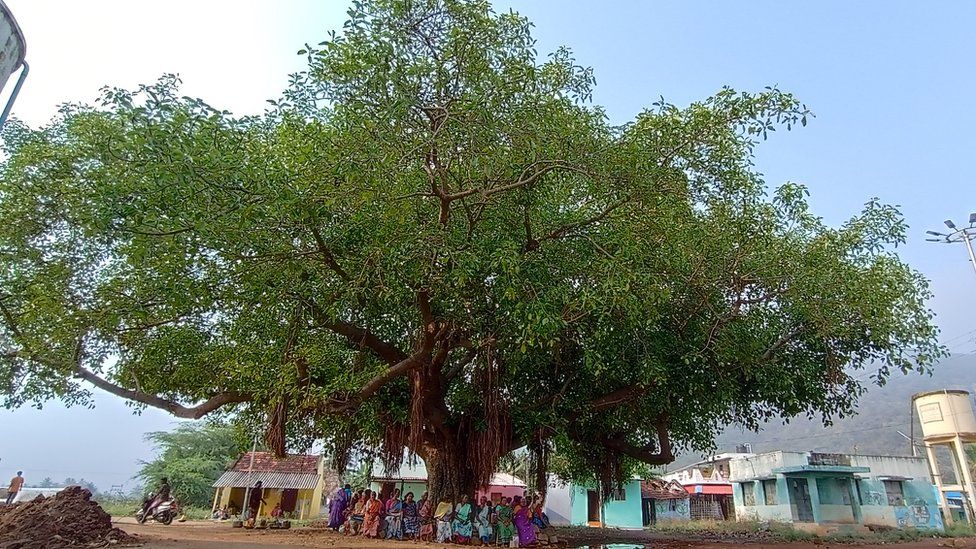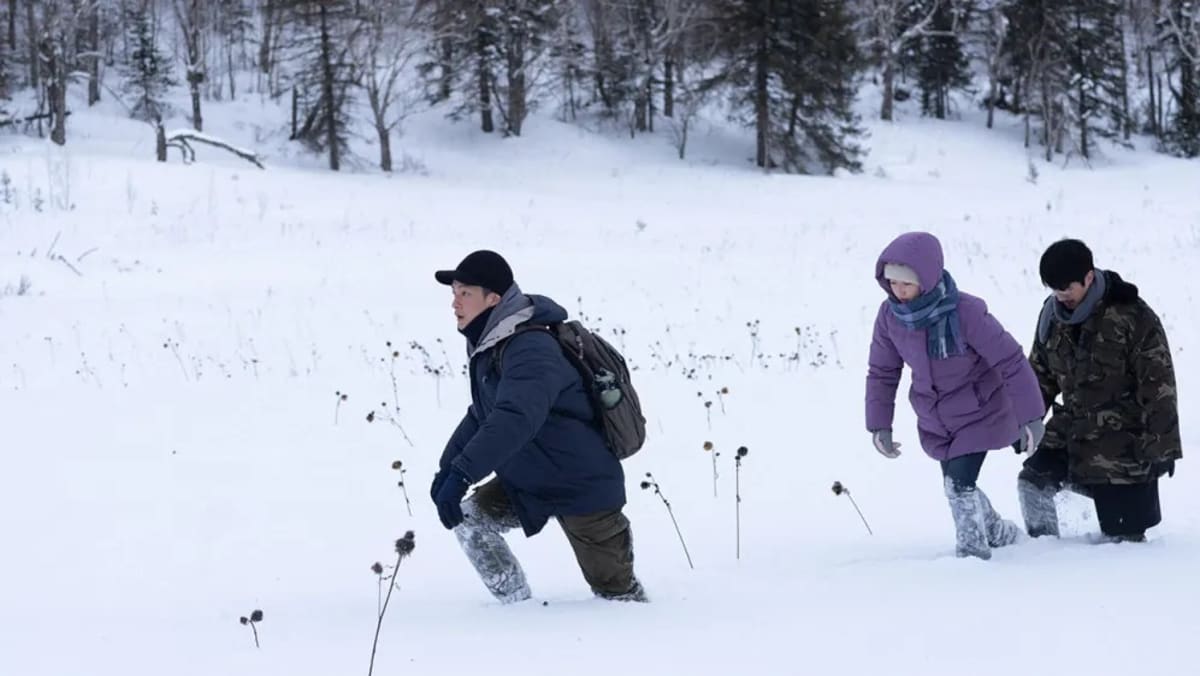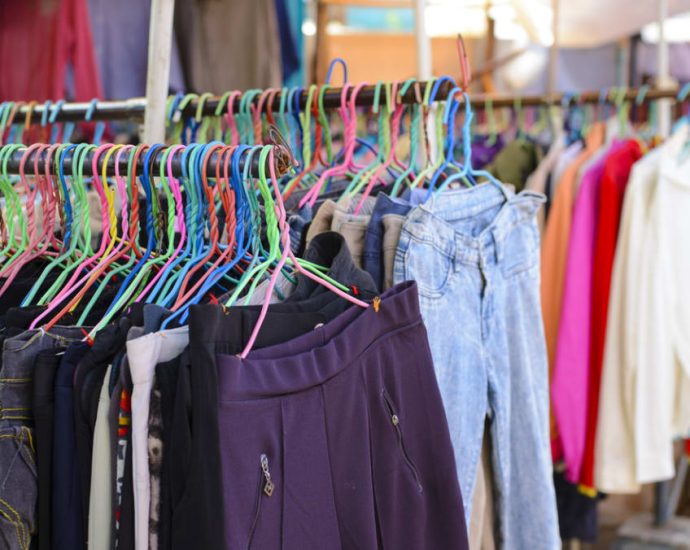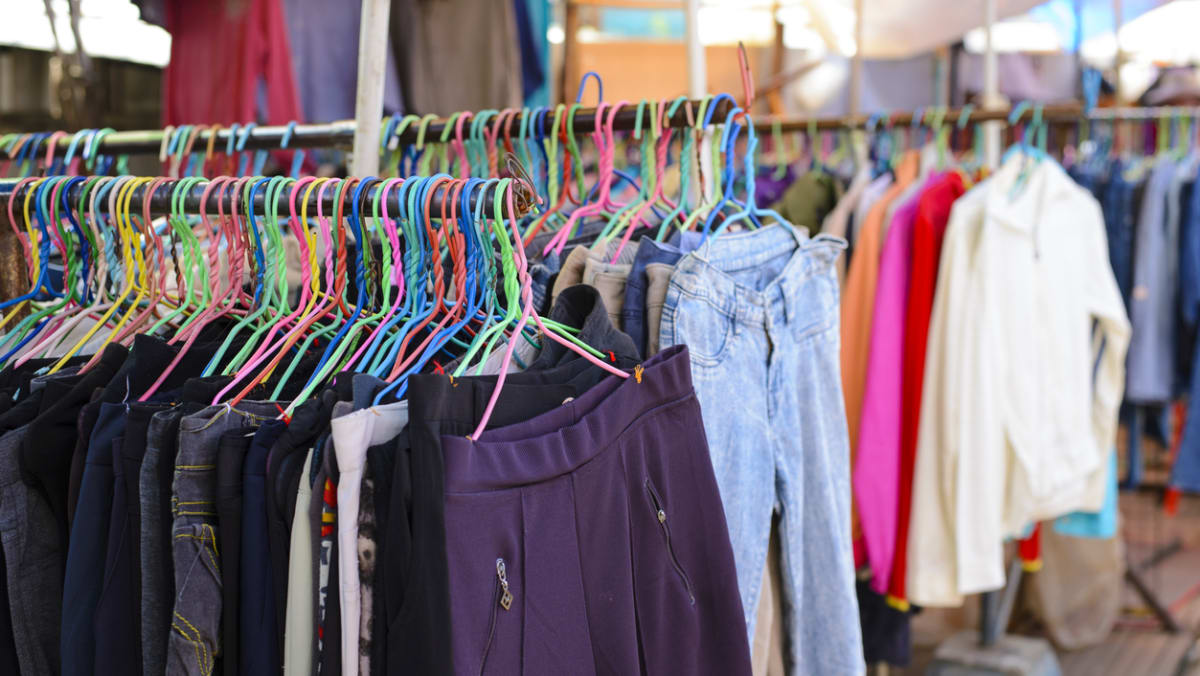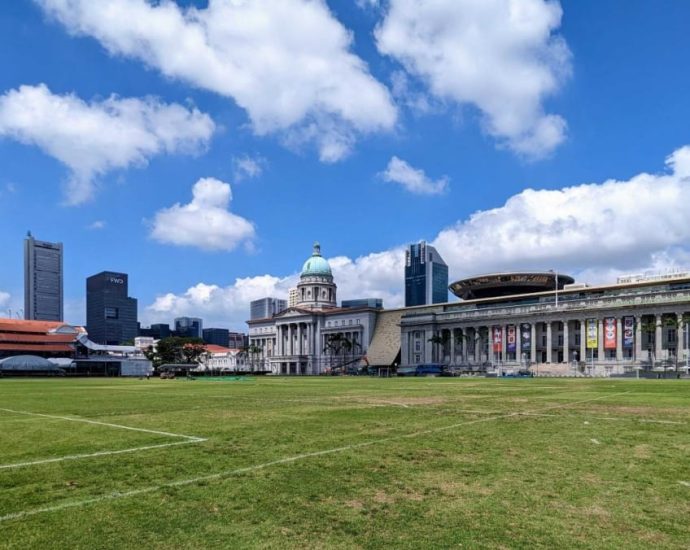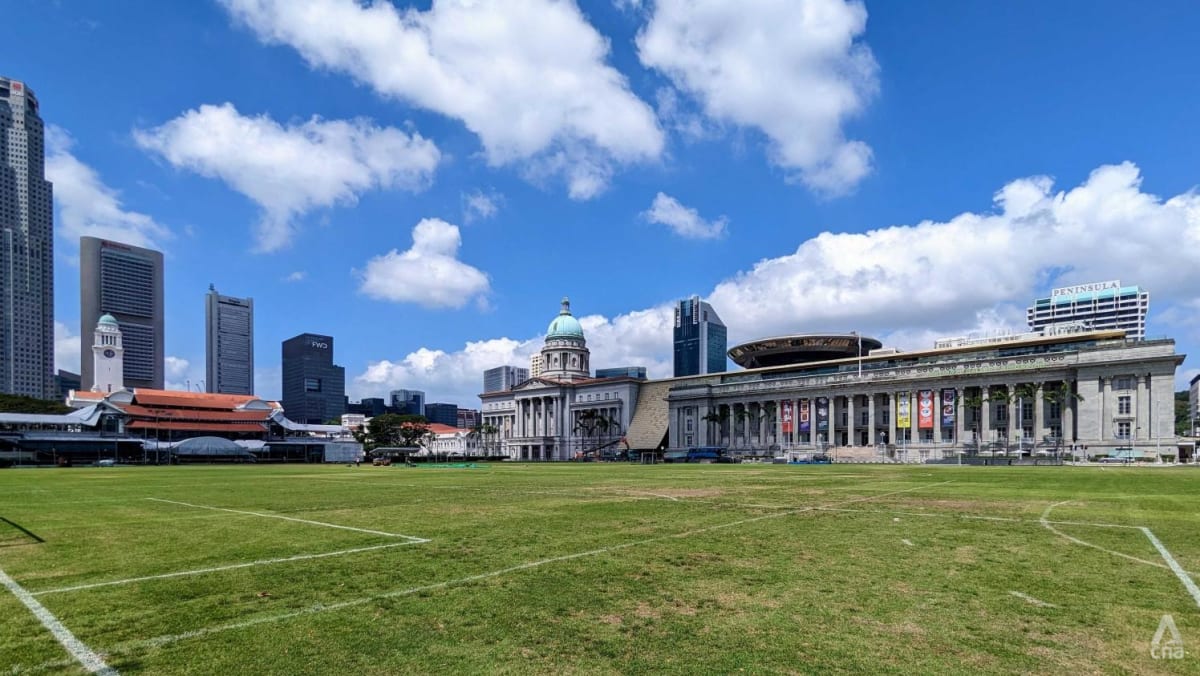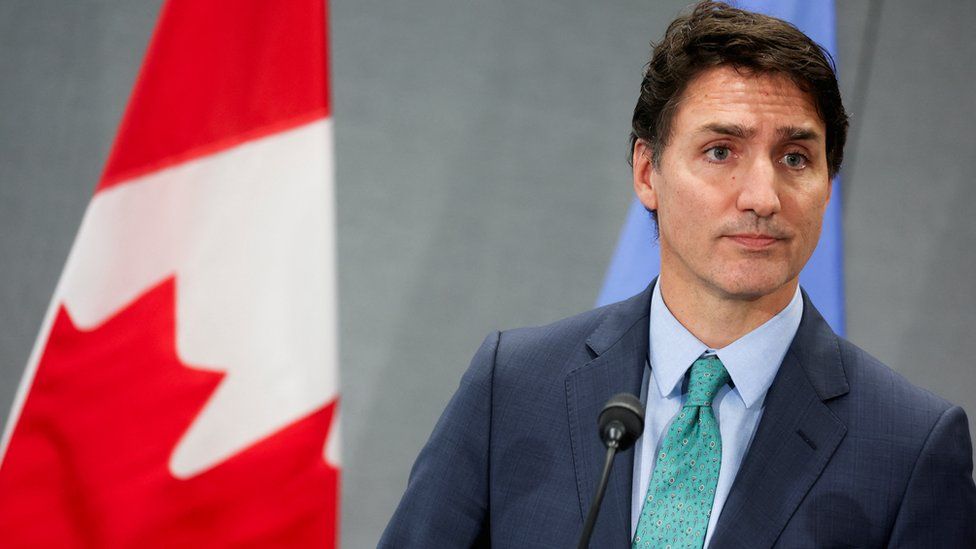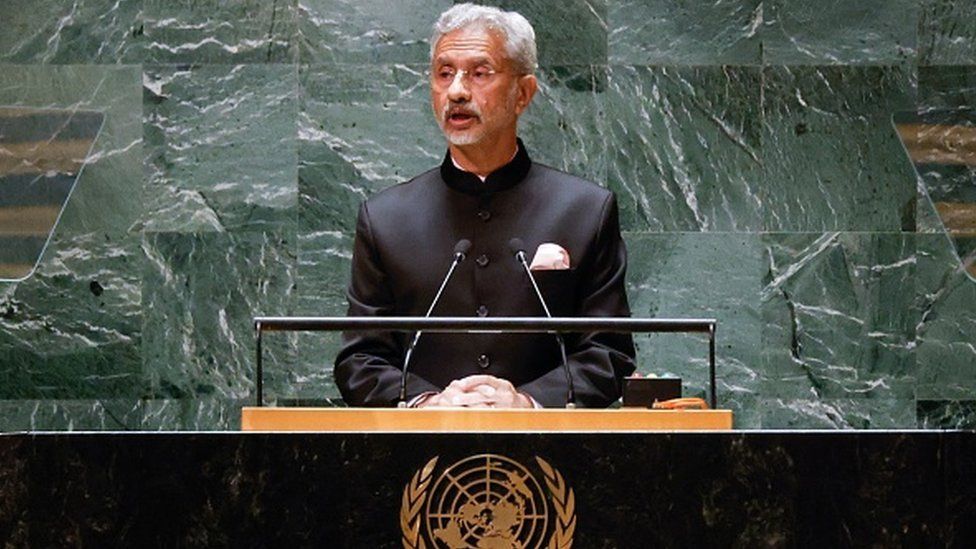Rebounding from pandemic decline, Singapore population rises to record 5.92 million
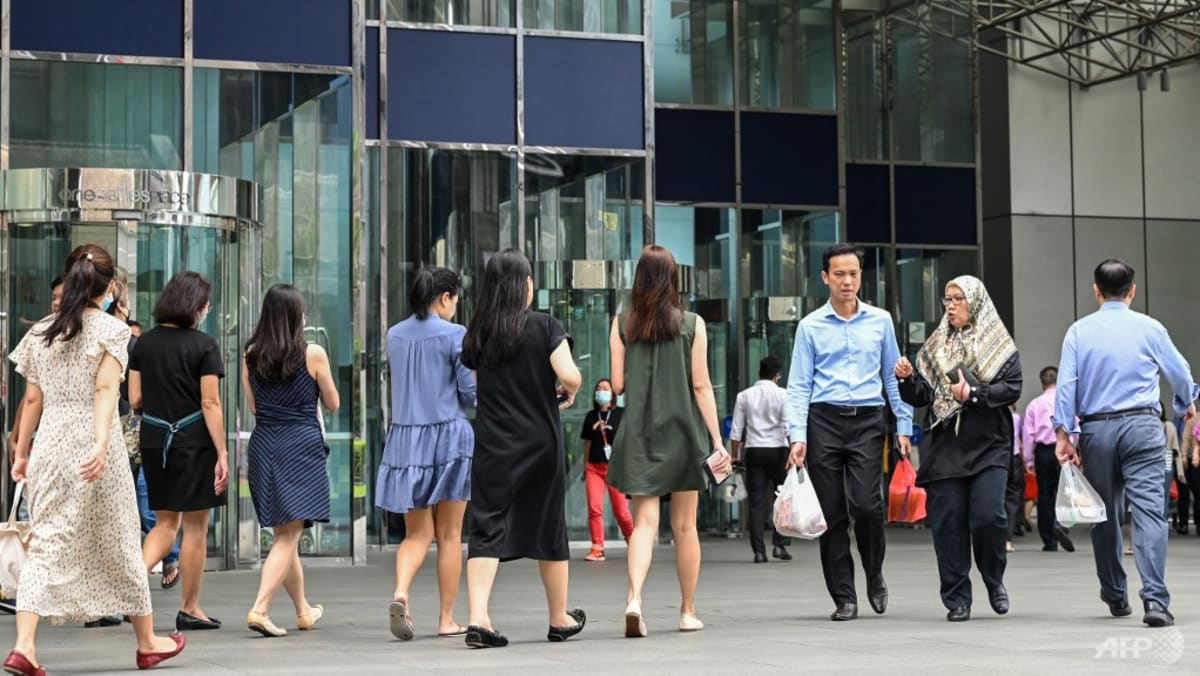
SINGAPORE: Singapore’s total population hit a record 5.92 million as of June this year, a 5 per cent increase from a year ago.
The population rebounded from declines during the COVID-19 pandemic, and has since exceeded the 2019 population of 5.7 million.
These figures were published on Friday (Sep 29) in the annual Population in Brief report by the National Population and Talent Division, Prime Minister’s Office.
Of the 5.92 million, there were 4.15 million residents and 1.77 million non-residents, which comprise the foreign workforce, dependants and international students.
Singapore citizens made up 3.61 million or 61 per cent of the total. This is a 1.6 per cent rise from last year. The permanent resident (PR) population increased by 3.7 per cent to 538,600 in June 2023.
The report said that with the easing of travel restrictions related to COVID-19, more citizens and PRs living overseas returned to Singapore. This was the largest contributing factor to the increases in the citizen and PR populations.
The non-resident population jumped 13.1 per cent to 1.77 million, with increases in all work pass types. The largest increase came from work permit holders in construction, marine shipyard and process industries.
The report said the remaining increases in foreign employment were spread across sectors as firms backfilled positions vacated by non-residents during the pandemic.

